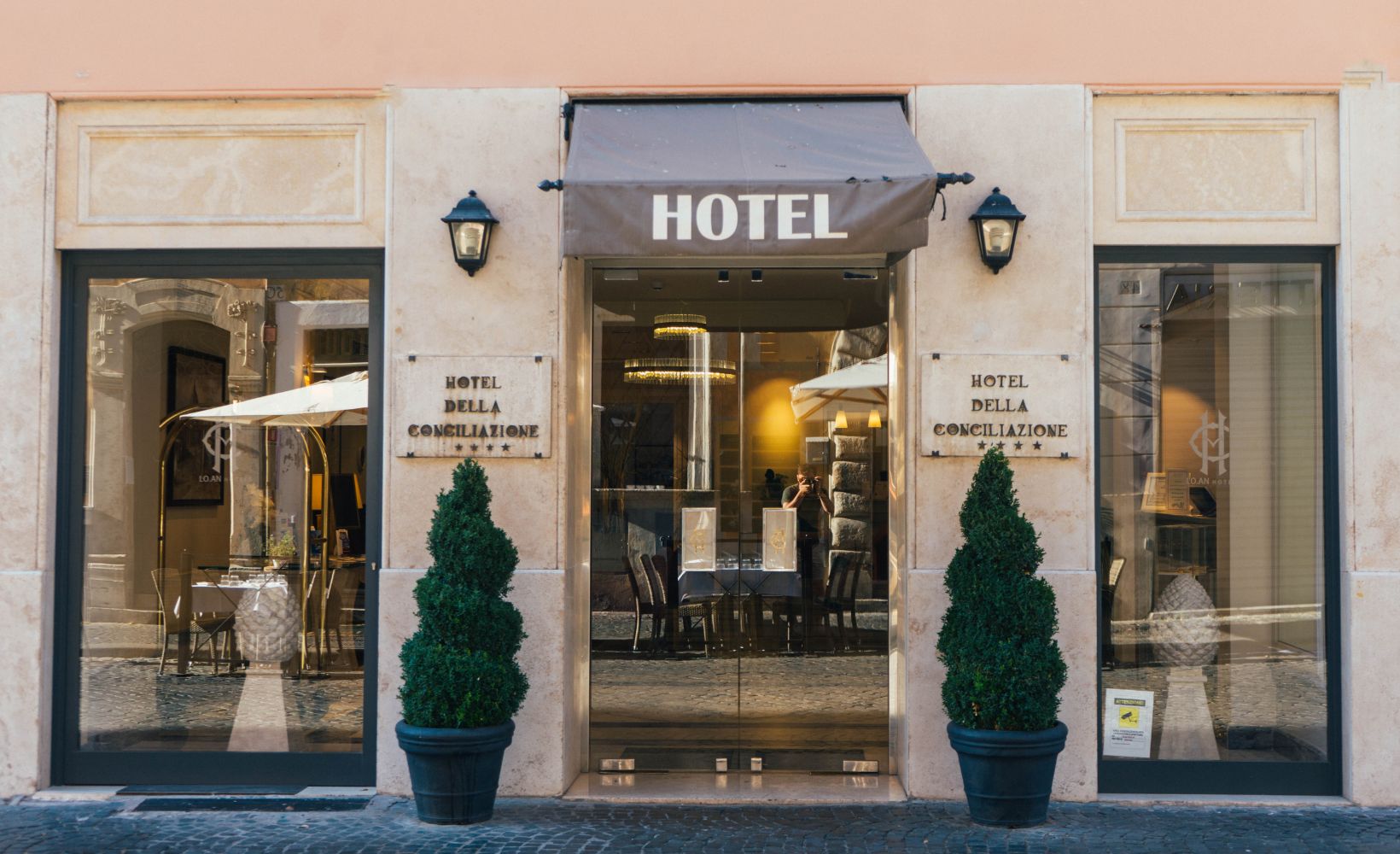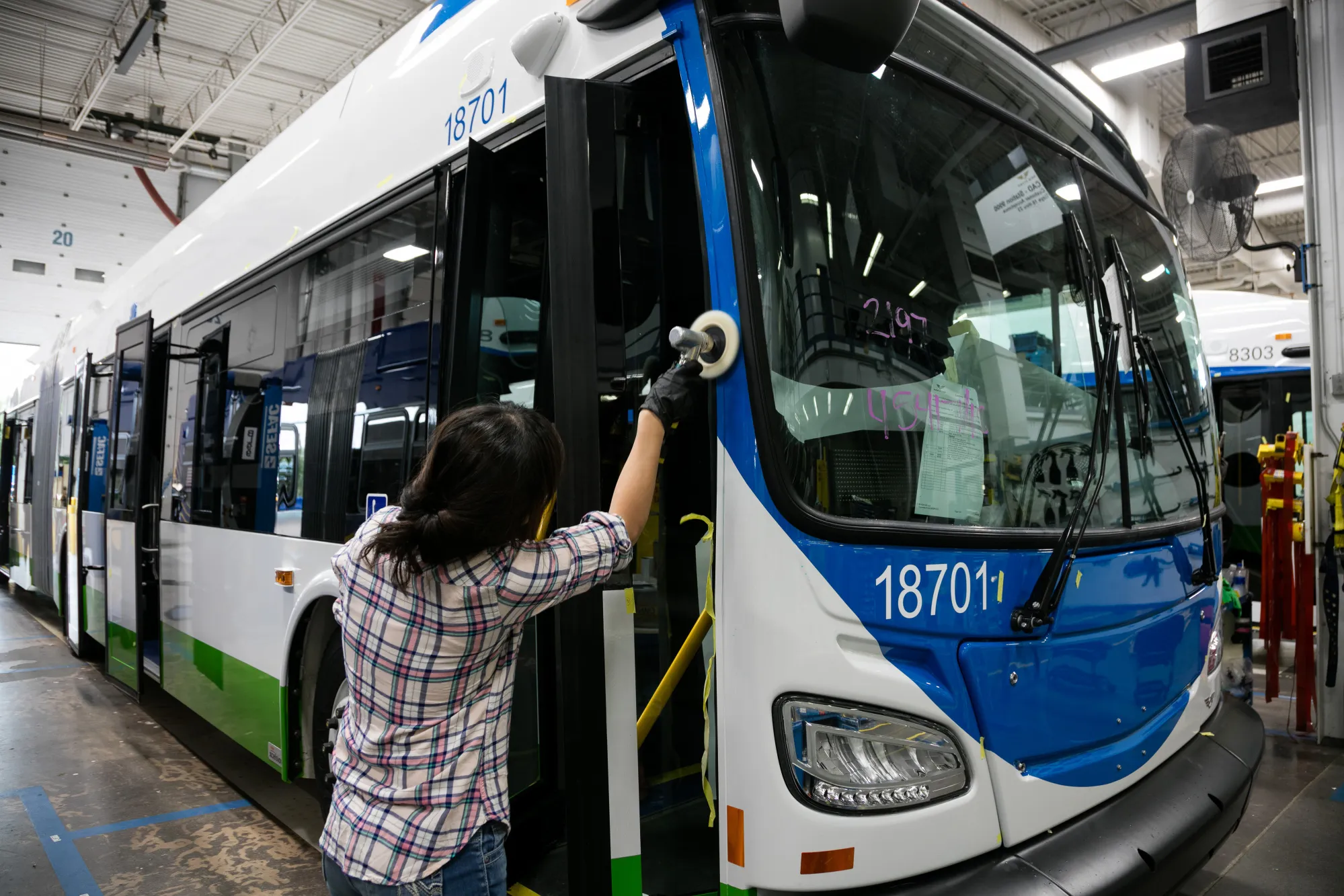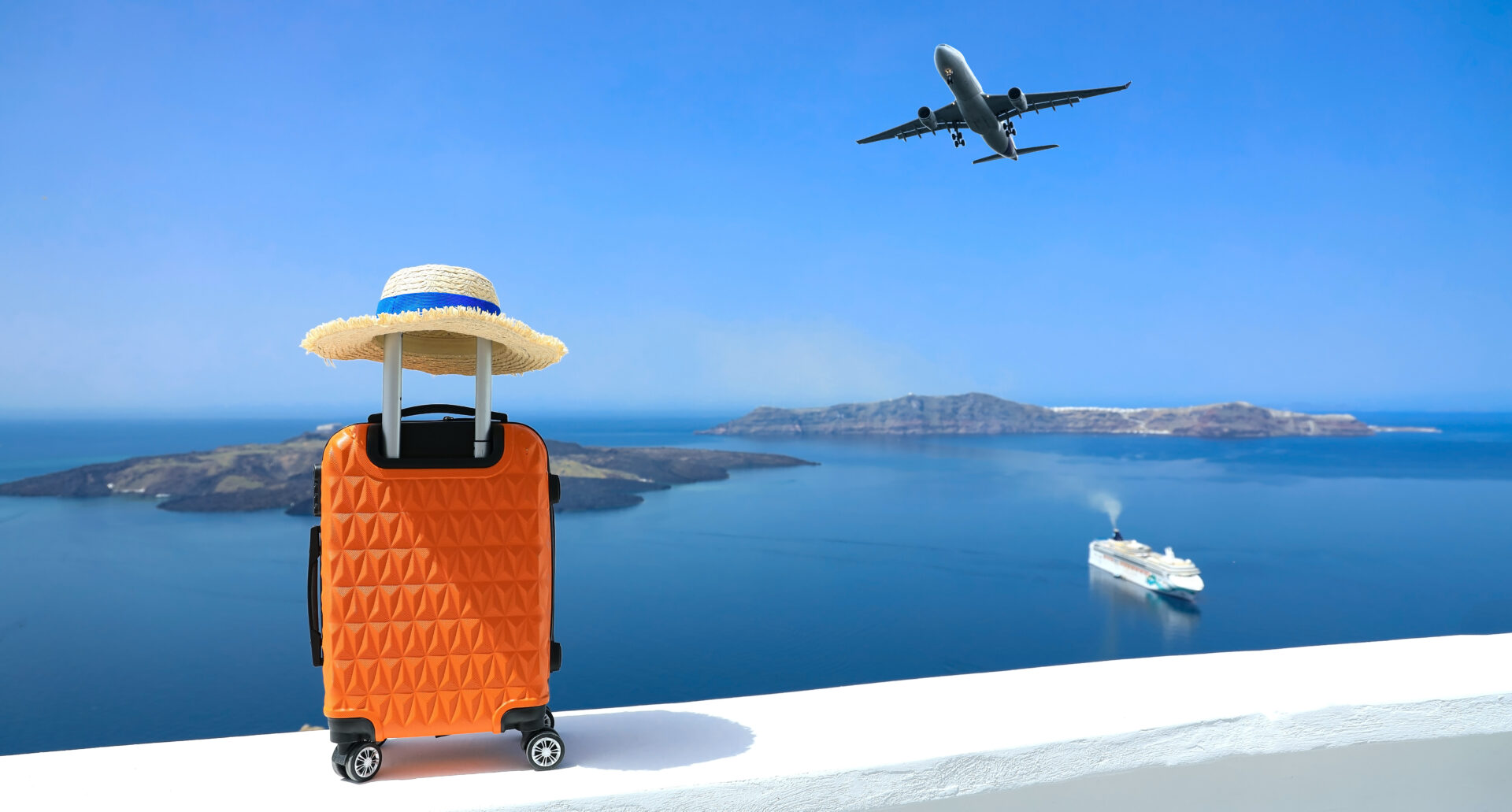How to Create a Financial Plan for Different Types of Travel: Luxury, Moderate, and Budget

Crafting Your Financial Blueprint for Travel
Planning a trip can be thrilling, but without a solid financial plan, it can quickly become overwhelming. Whether you’re dreaming of a luxury escape, embarking on a moderate adventure, or keeping to a strict budget, understanding the costs is crucial for a smooth journey.
Financial planning for travel entails more than just estimating ticket prices; it requires a comprehensive approach. Consider the following aspects:
- Accommodation: Whether you’re choosing a five-star hotel in Manhattan or a cozy Airbnb in a quaint town, prices can vary significantly. Luxury hotels often offer premium amenities and services, while hostels can provide an inexpensive, community-driven experience. Researching platforms like Booking.com or Airbnb can help you compare options and find the best fit for your budget. Additionally, consider off-peak seasons when prices are likely to drop and availability expands.
- Dining: Eating at fine restaurants can cost a small fortune, especially in major cities or tourist hotspots. On the other hand, indulging in local street food can offer a delicious experience at a fraction of the cost. For example, a gourmet meal in San Francisco might set you back $100 per person, while savoring tacos from a food truck can be enjoyed for under $10. Mixing both options can enhance your culinary adventure while keeping your wallet happy.
- Activities: Exploring museums and attractions can quickly add up. Admission fees for places like the Metropolitan Museum of Art or Disneyland can easily reach hundreds of dollars, particularly for families. However, many cities offer free or low-cost activities, such as public parks, local festivals, or walking tours. Researching these options can enrich your itinerary without breaking the bank.
In the United States, travelers often need to navigate additional expenses such as transportation and tipping, which can vary significantly by region. For instance, relying on public transportation in cities like New York could save you money compared to renting a car. Understanding the specifics of each travel type helps set realistic expectations, ensuring you enjoy your experience without financial hangovers.
This guide will delve into practical strategies for crafting a financial plan tailored to your travel style. Prepare to explore:
- Effective budgeting techniques for luxury trips. Uncover insights into how to allocate funds wisely for high-end experiences while still finding ways to save.
- Moderate travel tips for maximizing experiences on a mid-range budget. Discover tips on where to splurge and when to save to create a balanced and memorable trip.
- Essential advice for embarking on budget-friendly adventures without compromising enjoyment. Learn how to seek out incredible deals and hidden gems that deliver maximum value.
Ready to unlock the secrets of efficient travel budgeting? Let’s get started! Remember that effective financial planning is not just about restrictions; it’s about making informed choices that enhance your travel experiences and bring you joy without the burden of debt. By setting clear priorities and remaining flexible, you can enjoy a remarkable adventure that fits within your financial blueprint.

DISCOVER MORE: Click here for family-friendly travel tips
Budgeting for Luxury Travel: Making the Most of High-End Experiences
Traveling in luxury often evokes images of elegant hotels, fine dining, and exclusive experiences. However, crafting a financial plan to accommodate these indulgent trips does not mean sacrificing quality. Instead, it is about maximizing value while establishing clear priorities.
The first step in budgeting for luxury travel is setting a realistic overall budget. Consider the key components that will contribute to your trip’s cost:
- Accommodations: In the realm of luxury travel, options abound, from lavish resorts to boutique hotels. To find the best deals, be sure to book in advance and look for package deals that combine flights and lodging. Oftentimes, staying at a property during the off-season can bring down rates significantly.
- Dining Experiences: Fine dining is one of the highlights of luxurious travel. Investigate restaurants that offer prix fixe menus or lunchtime specials, which can provide a gourmet experience at a lower cost. Don’t forget to check for cooking classes or local food tours that can offer both education and delicious meals, combining fun with value.
- Unique Activities: Luxury travel often includes special activities like private tours, helicopter rides, or spa days. To stay within budget, look for special packages or promo codes. Occasionally, booking directly through providers instead of third-party sites can offer significant savings. Also, keep an eye out for complimentary activities that hotels may offer, such as guided city tours or weekend wine tastings.
Another pivotal component to factor into your financial plan is transportation. While renting a luxury vehicle might seem appealing, considering options like upgrading flight classes or taking a scenic train journey could provide unforgettable experiences and save costs simultaneously. Moreover, utilizing ride-sharing services in urban centers can minimize the necessity for parking fees and rental expenses.
To enhance your luxury travel experience without overspending, it’s essential to adopt smart shopping habits. Join loyalty programs, subscribe to travel newsletters for exclusive deals, and scour travel blogs for insider tips. All these actions can lead you to the best offers available, even for high-end services.
Strategies for Moderate Travel: Balancing Cost and Experience
For those who wish to enjoy a mix of comfort and affordability, moderate travel is often the perfect compromise. Crafting a financial plan for this middle-ground experience involves a few strategic decisions that allow you to splurge occasionally while maintaining a sensible budget.
Here’s how to effectively budget for a moderate trip:
- Accommodation Choices: Scout for mid-range hotels that are centrally located, ensuring that you save on transportation costs. Websites like Kayak and Trivago can help compare nightly rates to find the best deals.
- Dining Balance: Eating out doesn’t have to break the bank. Consider a mix of mid-range restaurants and smaller, local diners where you can experience the local cuisine at lower prices. Buying groceries for some meals can also be a fun way to experience local life.
- Smart Activity Planning: Utilize city passes that grant admission to multiple attractions for a single fee. This not only saves money but often allows you to skip long queues and maximize the number of experiences within your travel time.
By integrating these strategies, you can enjoy moderate travel that meets your expectations for comfort and adventure, all while adhering to a responsible financial plan. Remember, the essence of travel lies in the experiences you create, not solely at what you spend.
Creating a Financial Plan for Luxury Travel
When embarking on a luxurious journey, it is essential to devise a financial plan that encompasses all aspects of your travel experience. Luxury travel typically includes high-end accommodations, gourmet dining, private transport, and exclusive activities. To ensure a well-rounded financial approach, consider the following points:1. Accommodation: Research luxury hotels or resorts that offer all-inclusive packages, which may save you money in the long run. Utilize loyalty programs to earn rewards or discounts.2. Budget for Experiences: Include unique experiences like private guided tours, spa treatments, and entertainment. Prioritize activities that will provide memorable moments during your adventure.3. Dining: Allocate a significant portion of your budget for fine dining. Look for restaurants with outstanding reviews, and don’t shy away from trying Michelin-starred establishments.4. Transportation: Plan for premium travel options such as first-class flights or private car services. Investigate package deals that may include transportation along with lodging.5. Contingency Fund: Create a reserve for unexpected expenses, such as emergency medical situations or spontaneous activities. It’s prudent to have a safety net in place.
Creating a Financial Plan for Moderate Travel
Moderate travel combines comfort and affordability, allowing travelers to enjoy quality experiences without excessive spending. Here are essential components to consider when crafting your financial plan:1. Accommodation: Look for a mix of mid-range hotels and vacation rentals, which often provide better value for money. Websites like Airbnb and Booking.com can provide great deals.2. Activities: Research local attractions and activities that offer good value. Many cities provide free walking tours or discounted museum entry days.3. Dining: Balance your meals between local eateries and occasional splurges. Street food and small bistros can provide authentic culinary experiences at lower prices.4. Transportation: Utilize public transport or affordable ride-sharing options to save money while easily navigating your destination.5. Set a Daily Budget: Allocate a specific amount for daily spending that includes accommodations, food, and activities, ensuring that you stay on track financially.
Creating a Financial Plan for Budget Travel
Budget travel is an exciting way to explore the world while saving money. Developing a well-structured financial plan is crucial. Here are strategies to maximize your travel experience on a budget:1. Accommodation: Seek out hostels, budget hotels, or campsites for the most economical lodging options. Check for discounts on platforms dedicated to budget travelers.2. Flexible Itinerary: Embrace flexibility in your travel plans. Off-peak travel periods can offer significant savings on flights and accommodations.3. Dining: Focus on cooking meals if you rent a property with a kitchen. Additionally, explore local markets for cheap yet delicious food options.4. Activities: Prioritize free or low-cost attractions like parks, hiking trails, and cultural landmarks. Many destinations also offer free walking tours, allowing you to learn more about the area inexpensively.5. Utilize Travel Rewards: Leverage points from credit cards or loyalty programs to cover flights and accommodations. This approach can significantly reduce overall travel costs.
| Travel Category | Key Benefits |
|---|---|
| Luxury Travel | Exclusive experiences and five-star accommodations promise a once-in-a-lifetime adventure. |
| Moderate Travel | A balance of affordability and comfort, perfect for enjoying rich experiences without breaking the bank. |
| Budget Travel | Cost-effective adventures allow exploration of diverse cultures while prioritizing minimal expenses. |
DISCOVER MORE: Click here to find out the best duration for your family trips
Mastering Budget Travel: Enjoying the Adventure on a Dime
For many, the allure of travel is often hampered by budget constraints. However, budget travel can be both fulfilling and memorable when planned effectively. Crafting a financial plan for budget travel requires a keen eye for savings while still captivating experiences await. With thoughtful choices, transforming a modest budget into a remarkable journey is entirely achievable.
The foundation of a successful budget travel plan lies in understanding how to prioritize and allocate your funds. Start by determining your trip duration and destination, as these elements will significantly influence costs. Once established, break down your budget into essential categories:
- Accommodations: Hostels, guesthouses, and budget hotels are excellent options for those looking to save. Utilize platforms like Hostelworld or Airbnb to find affordable stays. Consider shared accommodations, which not only cut costs but also provide opportunities to meet fellow travelers.
- Eating on a Budget: Dining can quickly inflate your expenses. To minimize this, embrace local street food, farmers’ markets, and affordable eateries frequented by locals. Preparing some meals yourself, using kitchen facilities at your accommodation, can stretch your budget further, allowing for more culinary indulgences elsewhere.
- Transportation Savings: Opting for public transit rather than taxis or rental cars is crucial for budget travel. Many cities offer passes that provide unlimited travel for a set duration. Additionally, look out for free walking tours, which not only offer a guided experience but also often work on a tip-based system.
Developing a proactive approach to activities and attractions can contribute significantly to a fulfilling budget travel experience. Allocate funds wisely by searching for free or low-cost attractions. Many destinations offer free entry days to museums or cultural sites, and local festivals or events can provide authentic experiences without a hefty price tag.
Maximizing your travel experience often involves digging into local apps or websites that provide discounts or special alerts to deals. For example, sites like Groupon offer significant savings on activities, dining, and tours. Always keep an eye on local bulletin boards or social media groups, where impromptu events often post about deals and activities happening in your travel area.
Lastly, to ensure you stick to your budget, keep track of your expenses daily. Utilize budgeting tools and apps designed for travelers that not only help you monitor spending but also identify areas where you might save more. Having this real-time insight can be instrumental in making on-the-spot decisions to keep within your financial constraints.
Embracing a budget travel mindset can transform even the simplest of journeys into extraordinary adventures. It’s about finding joy in the experience rather than the cost. With a strategic financial plan, the world is truly at your doorstep, waiting to be explored. Each experience becomes an opportunity to connect, learn, and create lasting memories—all while embracing your financial means.
DISCOVER MORE: Click here for unique travel itineraries
Conclusion: Creating Your Travel Financial Blueprint
In summary, developing a financial plan for different types of travel, whether luxurious, moderate, or budget-friendly, requires careful consideration and strategic planning. Each travel style brings unique opportunities and challenges, and understanding how to balance your aspirations with your financial realities can make all the difference.
Luxury travel allows for indulgent experiences, but setting a budget with pre-determined categories—like accommodations and activities—ensures that you savor every moment without financial strain. When it comes to moderate travel, the key lies in flexibility; budget carefully, seek mid-range options, and redistribute funds based on your preferences, whether that means splurging on a gourmet meal or choosing a cozy boutique hotel.
For budget travelers, the art of crafting a financial strategy shifts towards prioritizing experiences over expenditures. By leveraging local resources, scouting out deals, and maximizing savings through creative dining and transportation choices, you can stretch your funds without compromising on adventure. Each dollar saved can translate into another thrilling encounter waiting to enrich your journey.
Ultimately, no matter the travel style, a sound financial plan empowers you to explore the world on your terms. Embrace the excitement of travel, armed with the knowledge of how to navigate your finances effectively. With a well-structured financial blueprint, your next adventure promises to be an unforgettable experience, paving the way for memories that last a lifetime.


